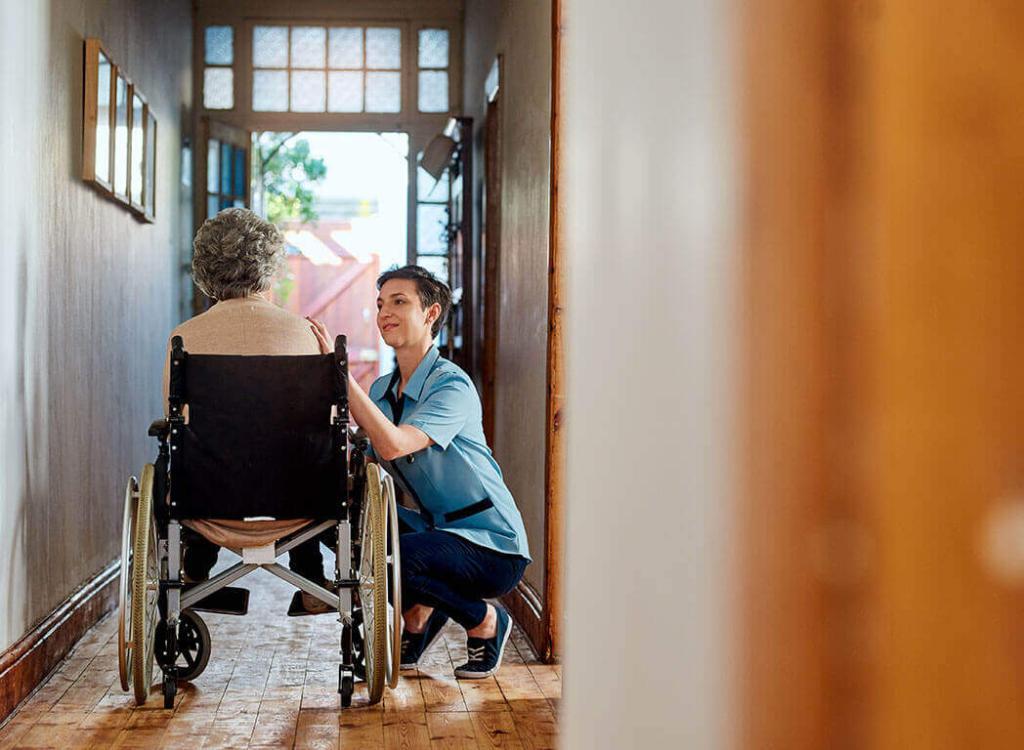Care co-ops and mutuals
Care co-operatives and mutuals deliver social care through co-operative or mutual structures.

How care co-operatives and mutuals can help?
Care co-operatives and mutuals deliver social care through co-operative or mutual structures. This means that members of the organisations, who can be the consumers, the carers, the community or any combination of these, are involved in decision-making and benefit from its activities, including through the reinvestment of trading surplus. Co-operatives and mutuals operate in aged care and disability services, community health, First Nations services and social housing. Co-operative and mutual structures can increase diversity and choice in health, community and social services with positive outcomes for accountability, innovation, quality and productivity.
Benefits of care co-operatives and mutuals
Care co-operatives and mutuals generate benefits through their autonomy and independence, decision-making by members, member economic participation, reinvestment of profits, and co-operation. They can:
- Increase organisational diversity in social service markets: Co-ops and mutuals can assist smaller service providers to come together in a mutual to collaborate and operate more efficiently in a market.
- Harness the professionalism of carers and unleash their entrepreneurialism: Employee-owned organisations are an alternative to privatising or outsourcing services. Government can sponsor innovation, such as in the example of Kudos Services, Australia’s first public service mutual.
- Increase consumer choice and control by helping individuals and communities to formulate their own responses to problems in client directed care markets: Co-operatives and mutuals develop empowerment through community owned co-operatives.
There is evidence that when carers and consumers are empowered through democratic governance productivity and workplace satisfaction increases dramatically.
When are social care co-operatives and mutuals the right models?
Social care mutuals are well placed to support community resilience where services cannot be delivered due to market or other service provision failure. Co-operatives and mutuals have advantages in delivering services in areas that are not well services because they are small scale, remote or complex. They have proven particularly useful when:
- Services are too expensive for government or market forces to provide
- Profits are low or variable
- Specialised services are needed
- User input is required in service design and delivery.
Types of social care mutuals
Social care mutuals can have different structures, depending on who their members are.
“In a co-op, people, not profits, are the beginning, middle and end purpose of the business.”
Melina Morrison, CEO BCCM

Are you working on a community-led care solution where you live?
Explore the potential of co-operative and mutual structures to enhance diversity and choice in health, community and social services.

